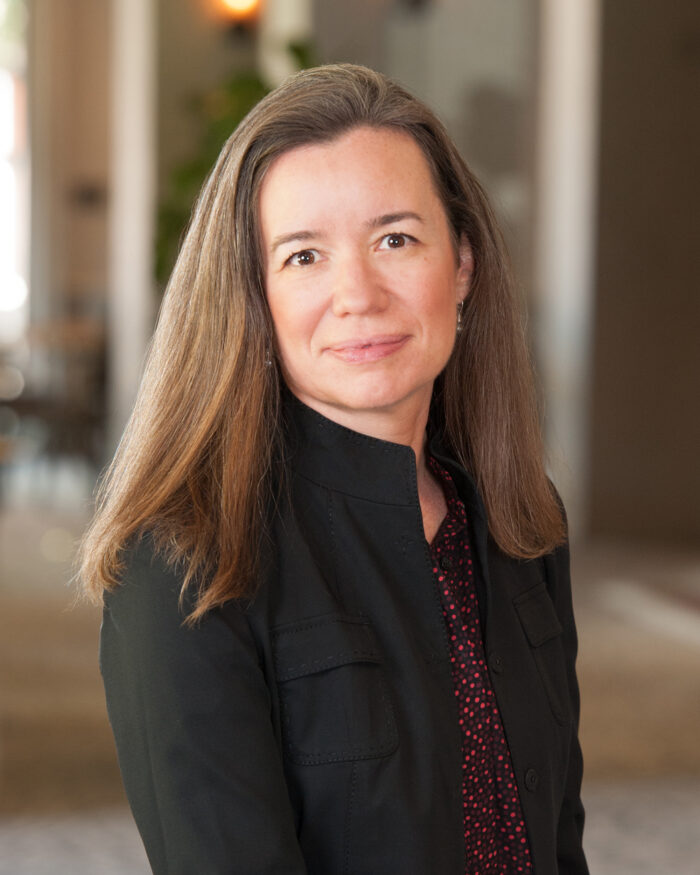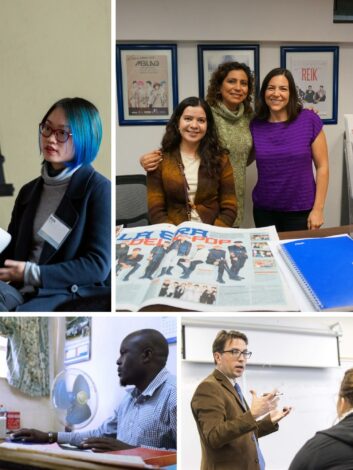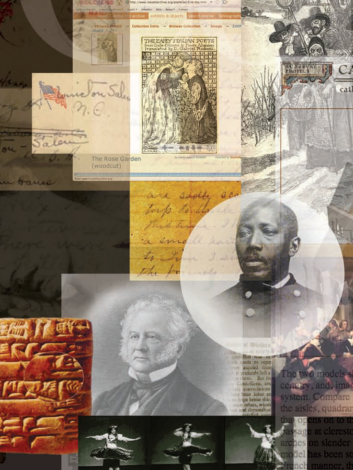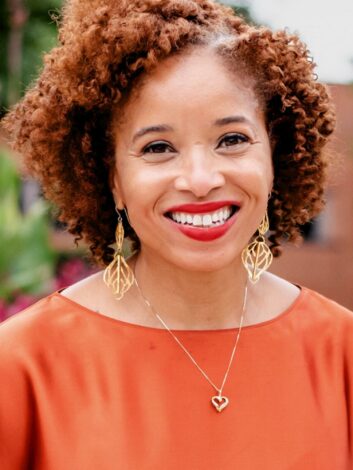ACLS Community Message for March 2024

Having spent my life as a connector, I love to think about and foster the interconnected web of the ACLS community that in turn nurtures and advances our mission. Our tent, if you will, has been broad and deep since our founding in 1919. It has evolved over time but, at its roots, we are readers, thinkers, teachers, writers, analysts, critics, debaters, composers, artists, listeners, administrators, leaders, and spectators, all growing and adapting for the times.
Many hands have shaped our mission and purpose since 1919. Among the first funders of ACLS were the Carnegie Corporation of New York and the Rockefeller Foundation, two of the largest foundations in the United States at the time and both focused on supporting many of America’s libraries and institutions. Many of the programs that ACLS operated in our first decades explored area studies, encouraging research of civilizations beyond Western Europe and the ancient Mediterranean including Latin American, Native American, Chinese, and Slavic studies.
Two of the first ACLS grantees, Gertrude Smith and Lorenzo Turner, were credited as creators of important fields of study. A classicist at the University of Chicago, Smith published a key reference book for ancient Greek law. Turner, a professor of English at Fisk University, was awarded a grant to research the Gullah dialect, the study which helped establish the field of African American studies.
The US Senator from Connecticut, Hiram Bingham, served as a member of the Executive Committee (1920-25). An anthropologist, Bingham’s story is said to have inspired the film Raiders of the Lost Ark. Another noted anthropologist, Margaret Mead, served as the Vice Chair of the ACLS board in 1952 and remained involved for more than a decade. Mead served on the board alongside John Hope Franklin, a history professor best known for the seminal volume From Slavery to Freedom: A History of African Americans, first published in 1947. In addition to driving innovation at several ACLS member societies, in 1995, he was awarded the Presidential Medal of Freedom, the nation’s highest civilian honor. In those same years, J. Robert Oppenheimer, the theoretical physicist associated with the American Philosophical Association, served on the ACLS board while directing the Institute for Advanced Study in Princeton. Imagine the casual conversations that may have taken place during the lunch breaks of the 1950s and 1960s ACLS board meetings.
Our tent, if you will, has been broad and deep since our founding in 1919. It has evolved over time but, at its roots, we are readers, thinkers, teachers, writers, analysts, critics, debaters, composers, artists, listeners, administrators, leaders, and spectators, all growing and adapting for the times.
In modern times, through our board of directors, the Conference of Executive Officers of our 80 learned society members and their delegates to ACLS, and through our valued members in the Research University Consortium and Associate networks, as well as through the Leadership Institute for a New Academy and our international community of fellows and grantees, ACLS continues to benefit from the wisdom and expertise of prominent and accomplished academics and leaders, ensuring that the growing community within our tent continues to thrive.
With thoughtful contributions by dozens of faculty and academic leaders at Historically Black Colleges and Universities, in 2023 we introduced the ACLS HBCU Faculty Fellowship and Grant Program. Designed to meet the unique needs of HBCU faculty in a way that we hope ignites and spurs research in this valued sector of higher education, the inaugural competition not only yielded an exceptional cohort of awardees, but welcomed several new institutions and scholars into our community. This spirit of innovation, scholarly diversity, and inclusive excellence is also captured in the ACLS Digital Justice Grants, ACLS Open Access Book Prize and Arcadia Open Access Publishing Award, Mellon/ACLS Dissertation Innovation Fellowships, and The Robert H. N. Ho Family Foundation Buddhism Public Scholars Fellowships. These and other programs and initiatives include the next generation of leaders who are shaping the future of the academy and advancing innovative approaches to humanistic scholarship.
As we approach our 105th anniversary, I hope you will join us in developing the future path of this extraordinary community. To learn how you or your institution could become more engaged with ACLS, contact me at [email protected] or ACLS President Joy Connolly at [email protected]. We hope to hear from you!
Mary Richter
ACLS Chief Development Officer
Mary Richter is the ACLS Chief Development Officer, working closely with ACLS President Joy Connolly and the ACLS Board of Directors to raise funds through the annual appeal, major gifts and other efforts.




